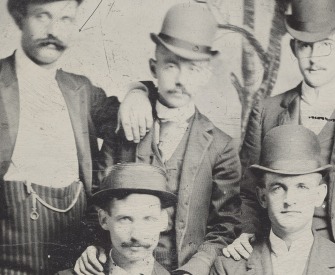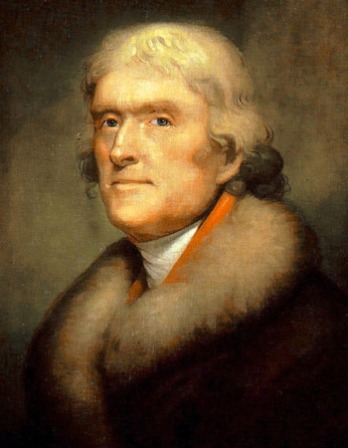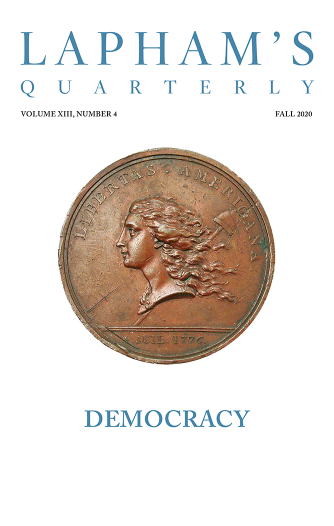After the death of his father Aegeus, forming in his mind a great and wonderful design, Theseus gathered together all the inhabitants of Attica into one town and made them one people of one city, whereas before they lived dispersed and were not easy to assemble upon any affair for the common interest.
Differences and even wars often occurred between them, which he by his persuasions appeased, going from township to township and tribe to tribe. And those of a more private and mean condition readily embracing such good advice, to those of greater power he promised a commonwealth without monarchy, a democracy, or people’s government, in which he should only be continued as their commander in war and the protector of their laws—all things else being equally distributed among them—and by this means brought a part of them over to his proposal. The rest, fearing his power—which had already grown very formidable—and knowing his courage and resolution, chose rather to be persuaded than forced into a compliance. He then dissolved all the distinct statehouses, council halls, and magistracies, and built one common statehouse and council hall on the site of the present upper town, and gave the name of Athens to the whole state, ordaining a common feast and sacrifice which he called Panathenaea, or the sacrifice of all the united Athenians. He instituted also another sacrifice, called Metoecia, or Feast of Migration. Then, as he had promised, he laid down his regal power and proceeded to order a commonwealth, entering upon this great work not without advice from the gods. For having sent to consult the oracle of Delphi concerning the fortune of his new government and city, he received this answer:
Son of the Pythian maid,
To your town the terms and fates,
My father gives of many states.
Be not anxious nor afraid;
The bladder will not fail to swim
On the waves that compass him.
Further yet designing to enlarge his city, he invited all strangers to come and enjoy equal privileges with the natives, and it is said that the common form, Come hither all ye people, was what Theseus proclaimed when he thus set up a commonwealth, in a manner, for all nations. Yet he did not suffer his state, by the promiscuous multitude that flowed in, to be turned into confusion and be left without any order or degree, but was the first that divided the commonwealth into three distinct ranks, the noblemen, the husbandmen, and artificers. To the nobility he committed the care of religion, the choice of magistrates, the teaching and dispensing of the laws, and interpretation and direction in all sacred matters; the whole city being, as it were, reduced to an exact equality, the nobles excelling the rest in honor, the husbandmen in profit, and the artificers in number. And that Theseus was the first, who, as Aristotle says, out of an inclination to popular government, parted with the regal power, Homer also seems to testify, in his catalog of the ships, where he gives the name of people to the Athenians only.
From Lives. The legenday founder of Athens is also known for his slaying of Procrustes, a man who racked people on his iron bed, and for his defeating of the Minotaur on the island of Crete. Plutarch’s book of paired biographies of Greek and Roman statesmen was a major source for several of William Shakespeare’s plays.
Back to Issue





